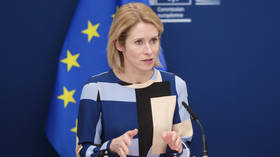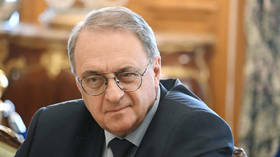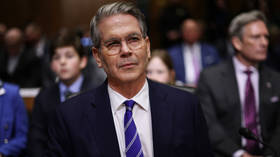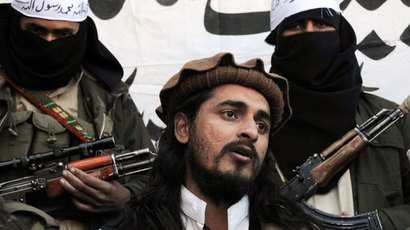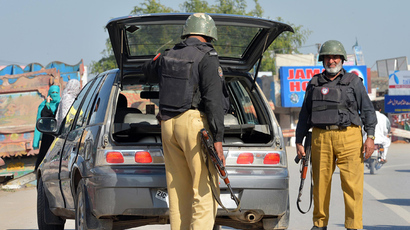‘No more talks’: Taliban elects hardline Islamist boss, rejects peace talks with Pakistan
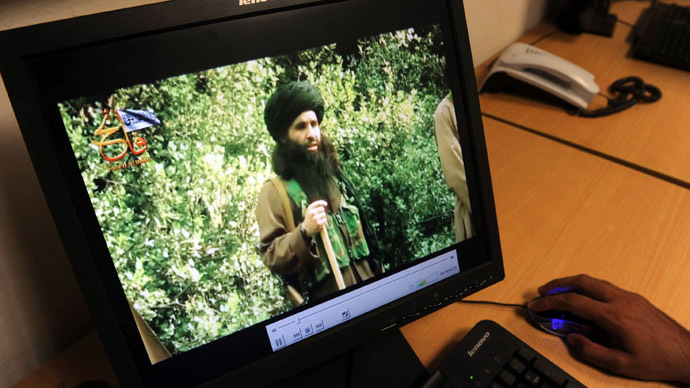
Notorious radical preacher Mullah Fazlullah became the new head of Pakistani Taliban after its previous chief was killed in a US drone strike. This has shattered government hopes for peace talks with the insurgents given the hard line of the new boss.
“There will be no more talks as Mullah Fazlullah is already
against negotiations with the Pakistan government,”
Fazlullah’s spokesman Shahidullah Shahid was quoted as saying by
Reuters.
News of the appointment of the new “Amir” of the Tehrik Talibaan
Pakistan came on Thursday, as the militant group’s caretaker
leader Asmatullah Shaheen held a press conference at an
undisclosed location.
Mullah (Maulana) Fazlullah, known as “Mullah Radio” for his radio
broadcasts calling for strict Islamic laws, comes from the Swat
district of the northern Pakistani province Khyber Pakhtunkhwa.
Reports said he has been operating from Afghanistan in recent
years, launching attacks in border areas after Pakistani
government troops forced the Taliban out of Swat.
Fazlullah is notorious for allegedly ordering the execution of
the young human rights activist Malala Yousafzai – a 15-year-old
schoolgirl at the time. Yousafzai spoke for women’s rights for
education, particularly in her native Swat Valley, where the
Taliban had strictly banned girls from attending schools under
the threat of death. Those girls’ schools that tried to open
after the Taliban enforced their ban locally in 2009 were bombed
or torched.
The radical preacher’s appointment comes after the death of the
34-year-old Pakistani Taliban leader Hakimullah Mehsud, who was
killed in a US drone strike on November 1. The assassination came
right on the eve of attempted Pakistani-Taliban peace
negotiations, sparking outrage in Pakistan over the US
intervention.
Pakistan Interior Minister Chaudhry Nisar decried the timing of
the attack, saying that “the government of Pakistan does not
see this drone attack as an attack on an individual but as an
attack on the peace process,” and some Pakistani politicians
called for a blockade of US truck convoys, which deliver supplies
to the NATO-led coalition fighting in neighboring Afghanistan.
Earlier, another American military action similarly spoiled talks
in Afghanistan with the local branch of Taliban. US forces
captured Latif Mehsud, the “trusted confident” of the
slayed Hakimullah Mehsud, who was said to have been the Afghan
government’s hope for mediating the negotiation process.




